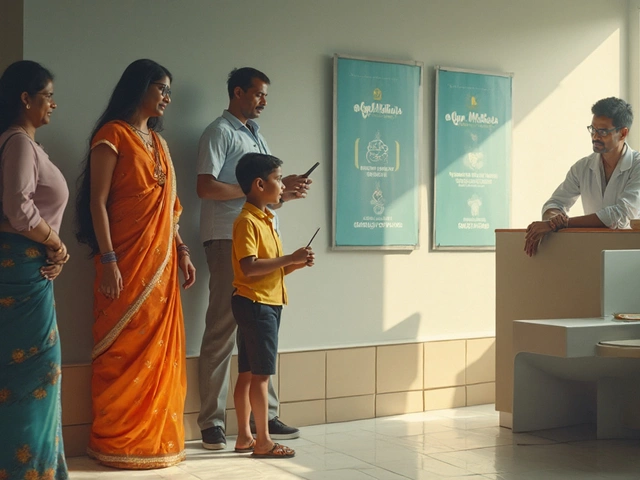Cancer Treatments: What Works, What Costs, and How to Decide
If you or a loved one has been diagnosed with cancer, the first thing on your mind is probably “What can I do to beat this?” The answer isn’t one‑size‑fits‑all. Different cancers need different approaches, and the best plan depends on the stage, the type of tumour, your overall health, and even where you live. In India, you have access to a mix of traditional surgery, modern drug therapy, and cutting‑edge radiation, all at varied price points.
Common Types of Cancer Therapy
Here’s a quick rundown of the main treatments you’ll hear about:
- Surgery: Removes the tumour physically. It works best when the cancer is localized and hasn’t spread.
- Radiation therapy: Uses high‑energy beams to kill cancer cells. It can be external (machine‑based) or internal (brachytherapy).
- Chemotherapy: Drug cocktails that travel through the bloodstream to attack cells that have broken away from the main tumour.
- Targeted therapy: Hits specific molecules that help cancer grow. It’s less harsh than chemo because it spares many healthy cells.
- Immunotherapy: Trains your immune system to recognise and destroy cancer cells. It’s still new in India but growing fast.
Most patients end up with a combo of two or more of these methods. For example, a breast‑cancer patient may have surgery first, followed by chemo and then radiation to tidy up any leftovers.
How Much Do Cancer Treatments Cost in India?
Cost is a big worry, and it really varies. A simple surgery for early‑stage cancer can start around INR 50,000, while a full‑body radiation course might run between INR 1‑2 lakh. Chemotherapy cycles can cost anywhere from INR 10,000 to over INR 2 lakh per cycle, depending on the drugs used.
Targeted drugs and immunotherapy are the priciest. A single dose of a popular targeted pill can be INR 15,000‑30,000, and a full immunotherapy regimen may exceed INR 10 lakh. Many hospitals now offer package deals that bundle surgery, chemo, and follow‑up care, which can bring the total down by 10‑20%.
Don’t forget indirect costs: travel, accommodation for treatment away from home, and lost wages. Some insurers cover a part of cancer care, but the coverage limits differ, so read the fine print.When you’re budgeting, ask the hospital for a detailed cost breakdown. Ask if there are generic drug alternatives or government‑subsidised programs that can lower your bill.
Choosing the Right Treatment Plan
Start with a multidisciplinary team – a surgeon, an oncologist, a radiologist, and a nutritionist. Getting a second opinion is cheap and can save you from unnecessary procedures. Ask these questions:
- What stage is the cancer, and can it be removed completely?
- What side‑effects should I expect, and how will they affect my daily life?
- Are there any clinical trials I might qualify for?
- What support services does the hospital offer – counseling, physiotherapy, diet advice?
Bring a trusted family member to appointments. They can help you remember details and ask follow‑up questions you might miss in the moment.
Finally, look beyond the hospital walls. Lifestyle changes – balanced diet, regular light exercise, stress management – can boost treatment effectiveness and improve recovery.
Cancer is tough, but knowing your options, the costs involved, and asking the right questions puts you in control. Use this guide as a starting point, talk openly with your doctors, and make a plan that fits your health and your budget.





